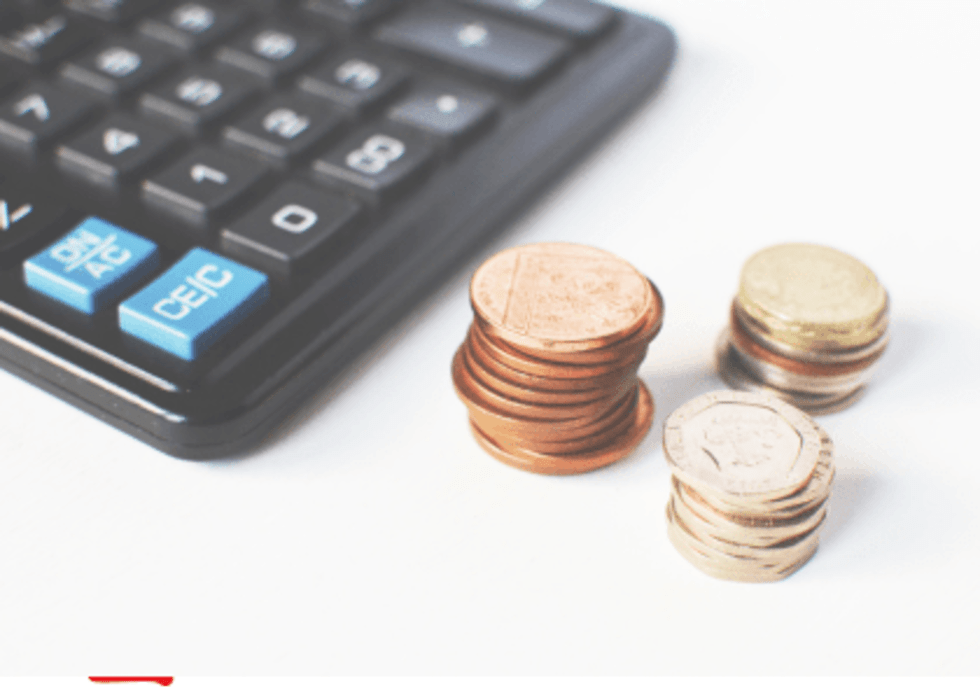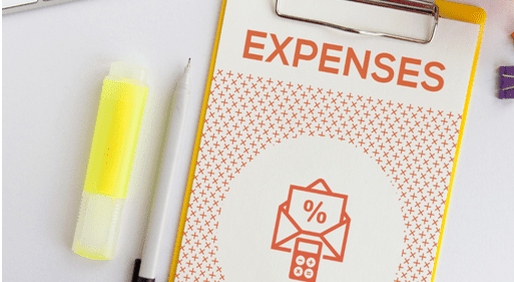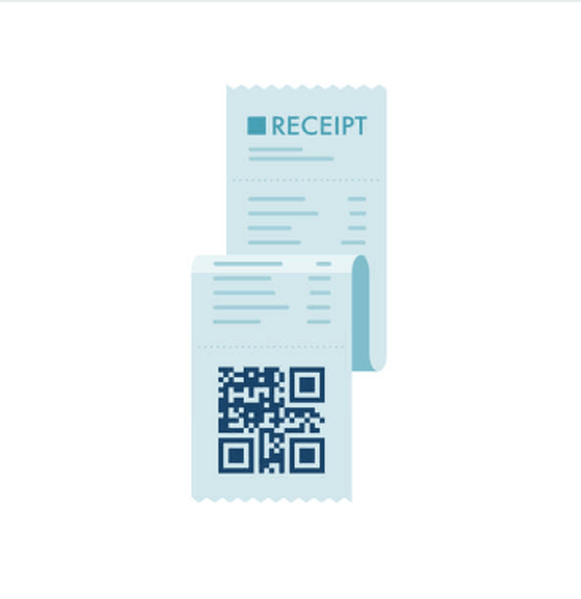As a sole trader you will need to pay income tax on your taxable earnings.
If you're self-employed, you need to calculate and pay your own tax via self-assessment.
It’s important to make sure that you pay the right amount of income tax.
To avoid paying more than is necessary, you should make sure that you’re claiming all your allowable business expenses
Allowable expenses might include:
1. Office Expenses: This includes rent, utilities, and insurance for your business premises.
2. Travel Expenses: Costs associated with business related travel, such as fuel, parking, tolls, and public transportation fares.
3. Equipment and Supplies: Any tools, equipment, or supplies necessary for your business operations, like computers, software, stationery, and office furniture.
4. Marketing and Advertising: Expenses for promoting your business, such as website costs, advertising fees, and printing costs for marketing materials.
5. Professional Fees: Payments to accountants, lawyers, or other professionals for services related to your business.
6. Insurance: Business-related insurance premiums, such as public liability insurance or professional indemnity insurance.
7. Training and Development: Costs associated with training courses, workshops, or seminars that enhance your skills or knowledge related to your business.
8. Vehicle Expenses: If you use a vehicle for business purposes, you can claim expenses such as fuel, maintenance, insurance, and depreciation.
9. Telephone and Internet Expenses: Costs of business-related phone calls, internet service, and mobile phone bills.
10. Bank Charges and Interest: Charges and interest incurred on business bank accounts, loans, or credit cards.
11. Rent and Rates: If you operate from a rented property, you can claim rent payments and property rates as business expenses.
12. Repairs and Maintenance: Costs for repairing and maintaining business equipment, machinery, or property.
13. If you use a home office: You can claim either a flat rate or a proportion of your household costs.
I've written a blog post, on how to work out your working from home expenses, it's here: 'Can I claim costs for working from home?'
I can’t stress the importance of making sure you keep every receipt/ invoice enough!
You MUST ask for a receipt every time you buy something for your business.


